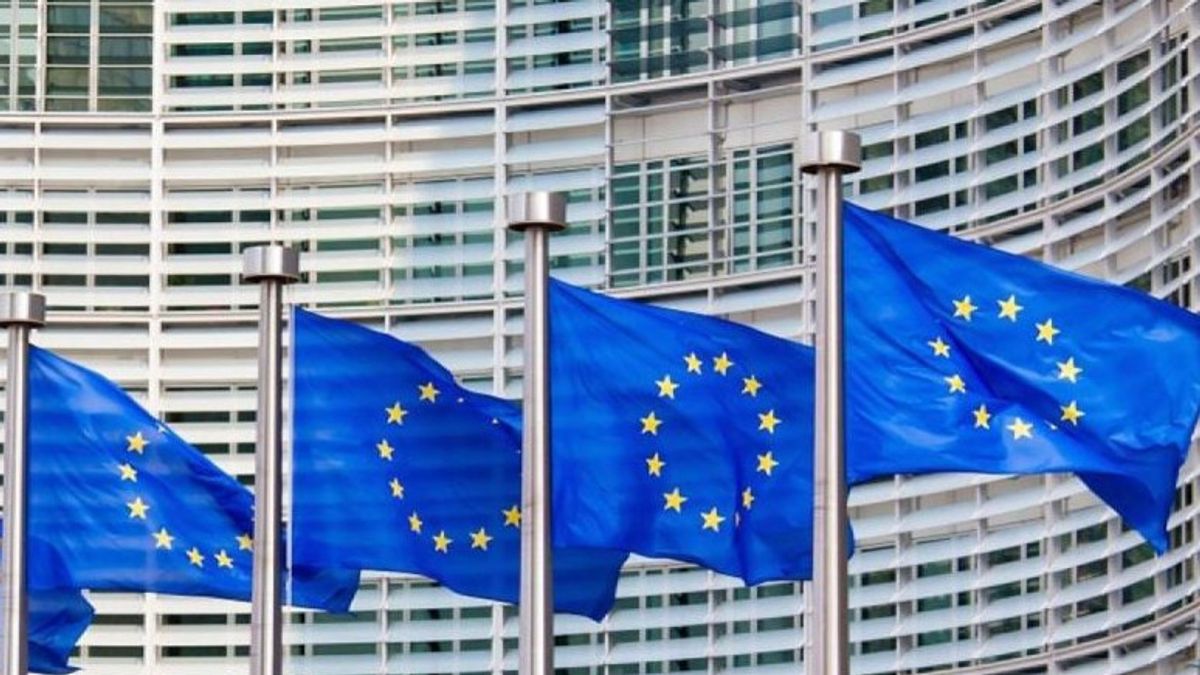JAKARTA - The EU Community Statistics Agency, the Statistical Office of the European Communities (Eurostat) stated on Friday that about 9.5 percent of the European Union's population could not afford foods that contain vegetarian meat, fish, or the equivalent every two days last year. The statistical authority of the 27-member block said that this figure increased 1.2 points compared to 8.3 percent in 2022.
"In addition, with a focus on people at risk of poverty in 2023, the proportion at the EU level is 22.3 percent," the report said.
The highest proportion of poor people who are unable to afford to buy food is seen in Slovakia (45.7 percent), followed by Hungary (44.9 percent) and Bulgaria (40.2 percent).
On the other hand, the lowest proportion was recorded in Ireland (4.2 percent), followed by the administration of Greek Cyprus (5.0 percent) and Portugal (5.9 percent).
SEE ALSO:
Eurostat or the European Community Statistical Office is a European Commission agency that provides data for the European Union and advances cooperation in the use of statistical methods in its member countries.
The two main roles of Eurostat are providing macroeconomic data that assists European Central Bank in making euro currency monetary policy, and classification as well as regional data that helps make EU structural policies.
The English, Chinese, Japanese, Arabic, and French versions are automatically generated by the AI. So there may still be inaccuracies in translating, please always see Indonesian as our main language. (system supported by DigitalSiber.id)
















